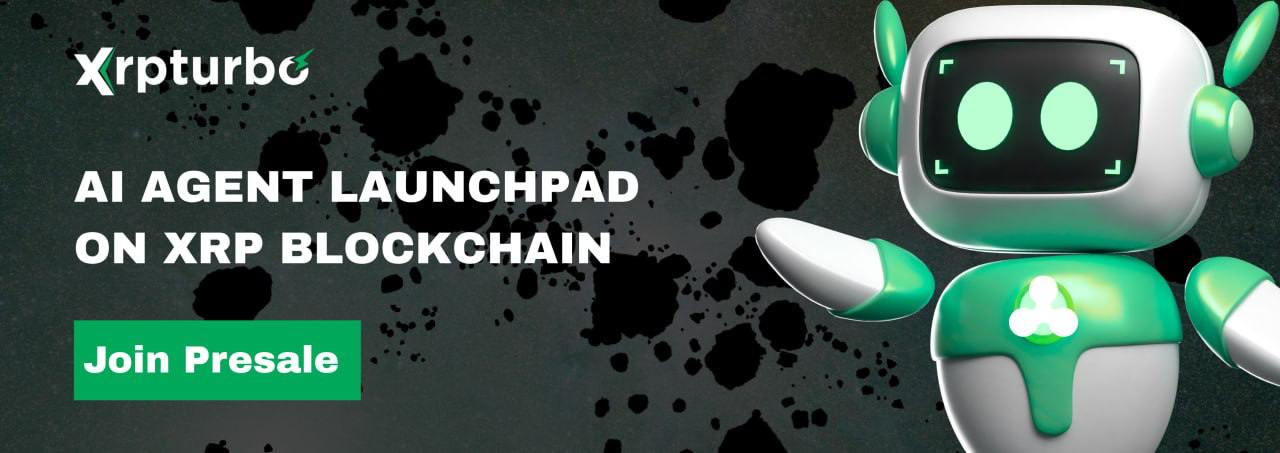The largest banking institution in Brazil, Itaú Unibanco, is exploring the possibility of launching its own stablecoin, joining the ranks of other significant financial entities that have recently made similar announcements.
The bank’s decision will be influenced by the progression of Brazil’s regulatory landscape and the outcomes of comparable initiatives by prominent international organizations, as reported by local sources.
Global momentum
This initiative comes during a surge of announcements from traditional financial institutions aiming to create or enhance stablecoins.
In Japan, Sumitomo Mitsui Financial Group (SMFG) revealed plans to establish infrastructure for stablecoin issuance and related payment systems.
The project will investigate the use of stablecoins for settlements associated with tokenized bonds and real estate holdings. A pilot program is anticipated later this year, with a full rollout scheduled for next year.
In the United States, Bank of America’s CEO Brian Moynihan recently confirmed the bank’s readiness to launch a dollar-backed stablecoin, pending the establishment of a clear legal framework by Congress.
This announcement positions the US bank within a growing group of systemically important institutions looking to enter the stablecoin market.
These developments have emerged following former President Donald Trump’s official dismissal of a central bank digital currency (CBDC), alongside his support for stablecoins, prompting a shift in focus toward private sector alternatives rather than state-issued digital currencies.
A balanced approach
For traditional banks, stablecoins present a balanced option, merging the efficiency and programmability of blockchain technology with the trust and familiarity of fiat currencies.
Itaú, which has previously explored digital asset custody and tokenization, has yet to reach a final decision. However, its leadership is closely observing the progress of counterparts in the US and Asia as they navigate changing regulations and technological implementations.
Brazil’s central bank is still collaborating with lawmakers to clarify the conditions under which banks may issue or manage stablecoins, creating an atmosphere of cautious anticipation.
As global interest escalates, a successful stablecoin launch by Itaú would elevate the institution among an increasing number of international banks aiming to modernize payment systems with tokenized fiat-pegged solutions.
While Brazil refines its regulatory approach, Itaú’s readiness indicates that Latin America is gearing up to take a significant role in the forthcoming phase of digital finance.
Featured in the article

